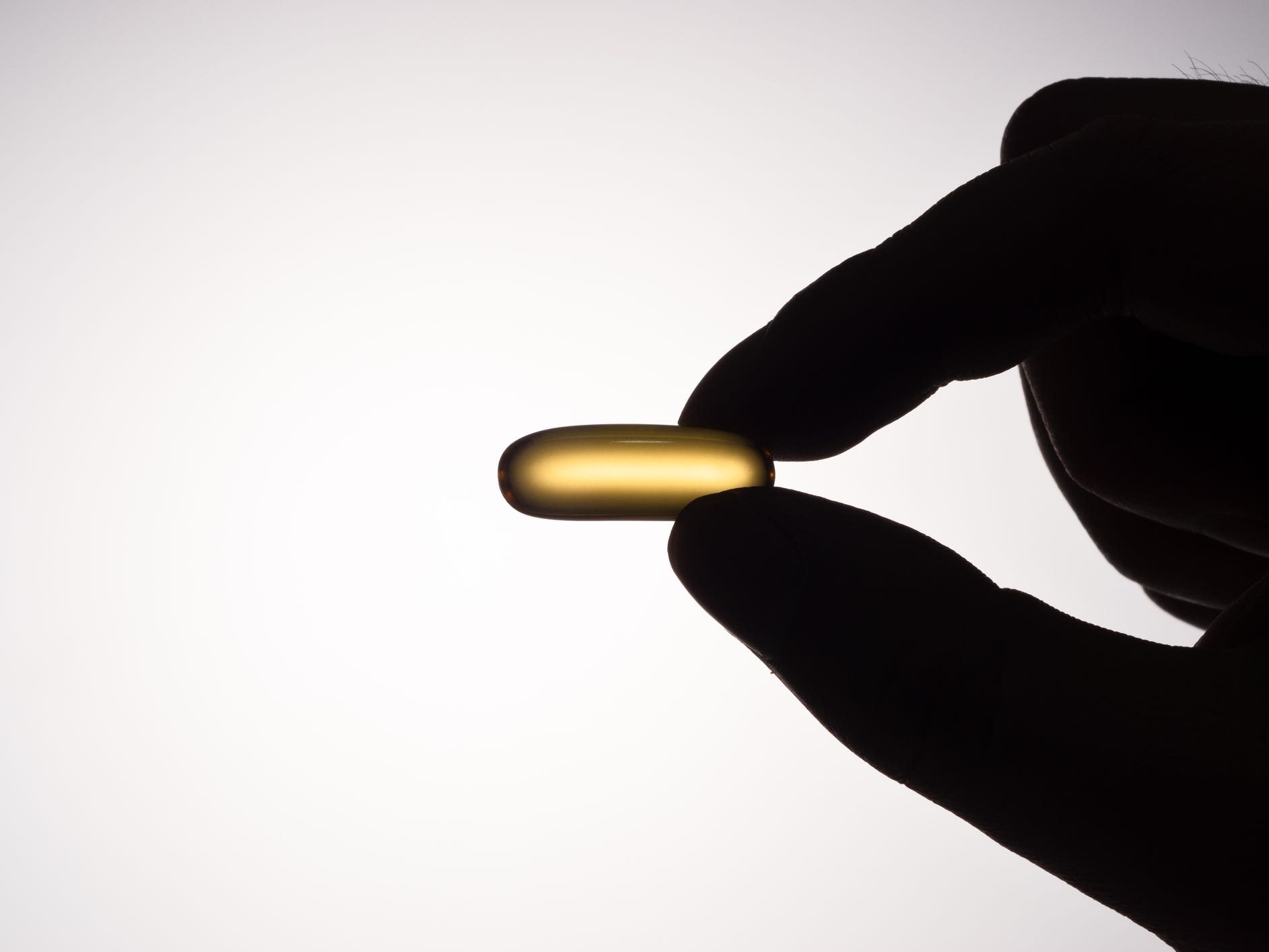
- New data suggests vitamin D supplements may not be effective at staving off COVID-19.
- Previous evidence had suggested a link between severe viral infection and a vitamin D deficiency.
- Experts say more research is warranted, but warn against overstating the benefits of vitamin D.
- Visit the Business section of Insider for more stories.
Vitamin D has long been considered a potential ally in the fight against coronavirus, with early research suggesting that a lack of the nutrient could be a risk factor for severe COVID-19.
But according to two preprint studies posted March 7, evidence doesn't support supplementing vitamin D to stave off the virus.
In one study, not yet peer-reviewed, researchers from McGill University in Canada looked at data from people who were genetically predisposed to vitamin D deficiency. They analyzed whether supplementing the nutrient might lower their risk of infection or severe illness from COVID-19. They found no evidence that supplementing vitamin D could improve coronavirus outcomes.
In another study, also yet to be peer-reviewed, researchers from Aristotle University in Greece compared the rates of vitamin D deficiency with rates of COVID-19 infection and mortality in 24 European countries, including Finland, Italy, the UK, and Germany.
The data did not show a significant link between lower vitamin D levels in the population and higher rates of death and illness, the researchers found.
These findings suggest that, while previous evidence has found promising links between vitamin D and COVID-19 outcomes, it's too early to conclude that supplementing could protect people from infection or complications.
"Vitamin D has been praised for too many things even though we have very limited data for that," Dr Michael Chourdakis, lead author of the European study, told The Guardian.
This isn't the first research to cast doubt on vitamin D as a potential coronavirus treatment. A study published in November 2020 found that large doses of vitamin D didn't reduce the severity of COVID-19 in patients.
The evidence for a link between vitamin D and COVID-19
Despite the new doubts about the merits of vitamin D for coronavirus treatment, there's still a large body of research that suggests the nutrient is crucial for a healthy immune system. There's good evidence it plays a role in fighting off viral infection, which could extend to COVID-19.
A small study published in October 2020 found that coronavirus patients who were given a highly potent form of vitamin D were significantly less likely to need intensive care, and none of them died. And another small study found people with a vitamin D deficiency were twice as likely to be infected in the first place.
Some researchers have enthusiastically advocated for vitamin D as a safe, affordable measure to help mitigate the impact of the virus. Dr. Gareth Davies, an independent medical researcher, is among those arguing that vitamin D deficiency is a widespread health issue, and the potential benefits of supplementing it are compelling.
He told Insider that the apparently negative results of these preprints are due to differences in the type of analysis used. The studies don't show that vitamin D is ineffective. Rather, they weren't able to demonstrate a link between COVID-19 outcomes and vitamin D levels. Davies said that's a factor of the methodology used, not the effectiveness of the vitamin itself.
"We've seen a lot of very poor quality papers published in preprint and peer-review which report 'no evidence' but it's important to remember that a poor quality investigation will never find evidence," he said. "This is very far from reporting 'we found evidence there was no effect' which no-one has reported."
Research hasn't shown vitamin D directly causes better COVID-19 outcomes
Most experts agree that further research on vitamin D and COVID-19 is warranted. But a causal link showing how vitamin D might be used to help coronavirus patients is elusive.
This has prompted researchers to argue that the evidence in favor of vitamin D is circumstantial, and warn against overhyping the proposed benefits without further research.
"Benefits are possible but evidence is sparse, indirect, and inconclusive," wrote the authors of a recent BMJ editorial on vitamin D. "It's important that people are not falsely reassured by vitamin D supplement."